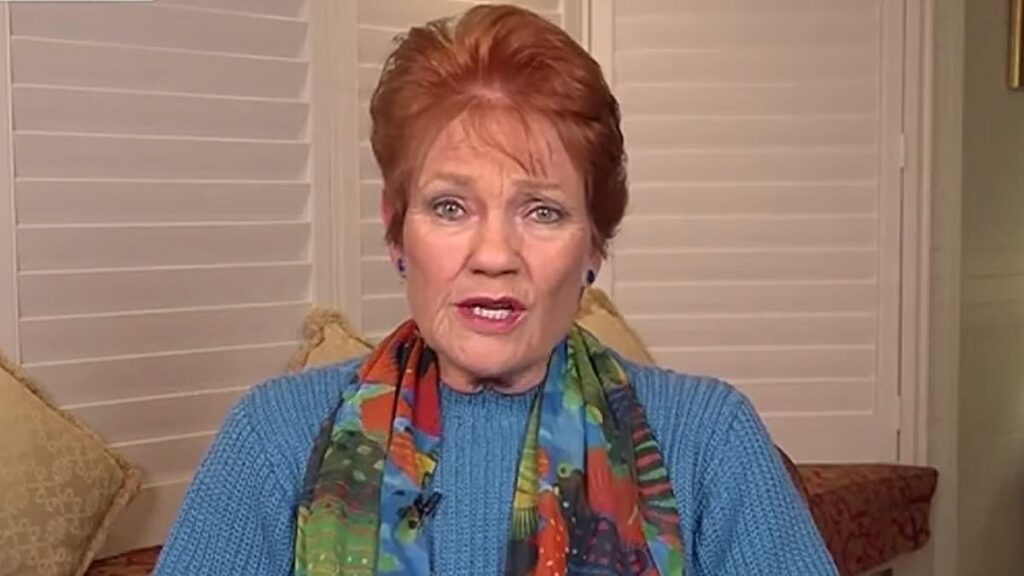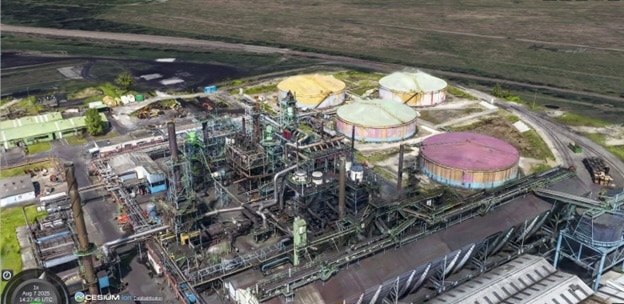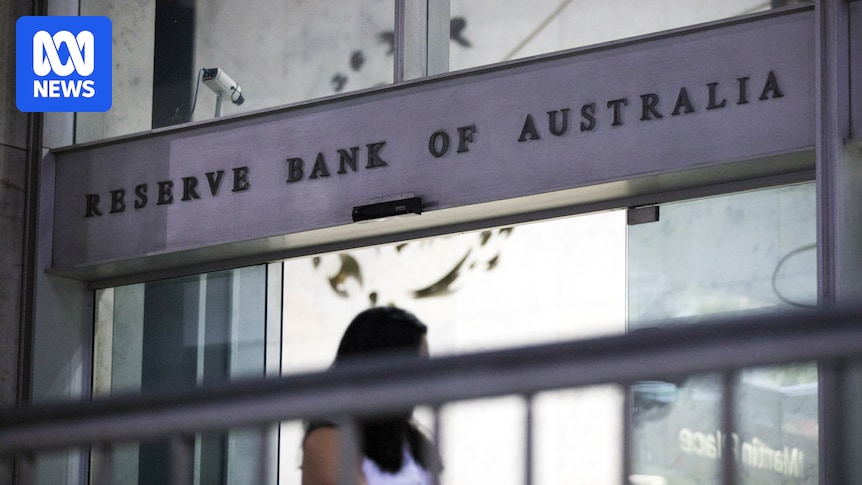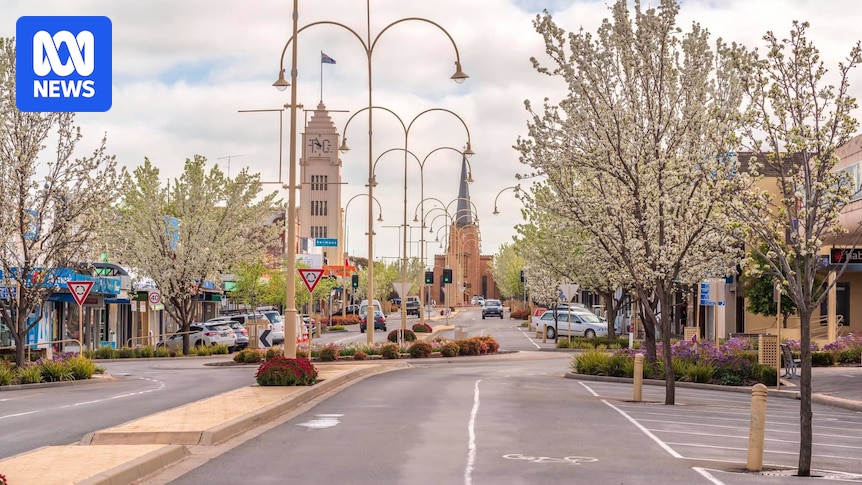
One Nation leader Pauline Hanson has sharply criticized Australia’s major political parties, accusing them of neglecting the housing affordability crisis affecting young Australians. Hanson claims that both Labor and the Coalition are more interested in securing votes in marginal seats than addressing the pressing issue of housing costs, exacerbated by high immigration levels.
Hanson’s comments come as record-high immigration under the Labor government has intensified the housing affordability crisis. The median house price in Australia’s capital cities has soared above $1 million, making homeownership unattainable for the average full-time worker earning $102,742 annually.
Immigration and Housing: A Tense Relationship
Senator Hanson argues that the influx of migrants is driving up housing demand, straining public services, and undercutting wages. She stated, “Young Aussies want to own a home, start a family, and live in a nation they can be proud of, but both major parties are standing in the way.”
In 2022, 340,800 migrants moved to Australia on a permanent and long-term basis. Although this net figure is lower than the record-high levels approaching 550,000 in 2023, it remains significantly higher than the 194,000 arrivals in the year leading up to the COVID-19 pandemic.
“Meanwhile, mass immigration keeps driving up housing demand, straining services, and undercutting wages. Australians are being pushed to the back of the queue in their own country.” – Pauline Hanson
Economic Pressures and Policy Proposals
Hanson is advocating for annual immigration levels to be capped at 130,000, a figure last seen two decades ago before the mining boom. She believes this measure is essential to prioritize Australians in the housing market.
Labor has pledged to construct 1.2 million homes over the next five years, equating to 240,000 homes annually. However, recent data from the Australian Bureau of Statistics reveals that only 182,894 new homes were approved in the year to May, highlighting a shortfall in building activity relative to population growth.
Meanwhile, interest rates have been raised 13 times by the Reserve Bank of Australia over the past two years, yet housing prices in cities such as Sydney, Brisbane, Perth, and Adelaide continue to outpace wage growth.
“If we want to create a future worth inheriting, we need to act now.” – Pauline Hanson
Political Criticism and Broader Implications
Hanson has also criticized Labor’s broader policies, including their approach to student debt and housing market entry assistance. She argues that these measures amount to “generational pork barrelling” aimed at securing the youth vote.
Labor’s re-election campaign included a $16 billion plan to reduce student debt by 20%, saving graduates an average of $5,520. Additionally, the government has offered a guarantee enabling first-home buyers to enter the market with a 5% deposit. Hanson warns that these policies may lead to financial struggles for young homeowners.
Beyond housing, Hanson has voiced concerns over Australia’s international trade relations and environmental policies. She criticized the government’s failure to secure tariff exemptions on Australian steel and aluminum and expressed skepticism about the feasibility of Labor’s carbon emission reduction targets.
“The real cost of Labor’s renewables fantasy? It’s paid by households and small businesses.” – Pauline Hanson
Social and Cultural Concerns
Hanson also addressed cultural issues, citing Cricket Australia’s decision not to hold Test matches on January 26 as an example of “woke politics” overshadowing national unity. She argues that such decisions contribute to societal division rather than inclusion.
In her concluding remarks, Hanson emphasized her commitment to advocating for policies that prioritize Australian interests, stating, “While I’m in Parliament, I’ll keep pushing back because if we don’t stand up now, we risk losing the country we love.”
As Australia grapples with these complex issues, the debate over housing affordability, immigration, and national identity continues to be a focal point of political discourse.







